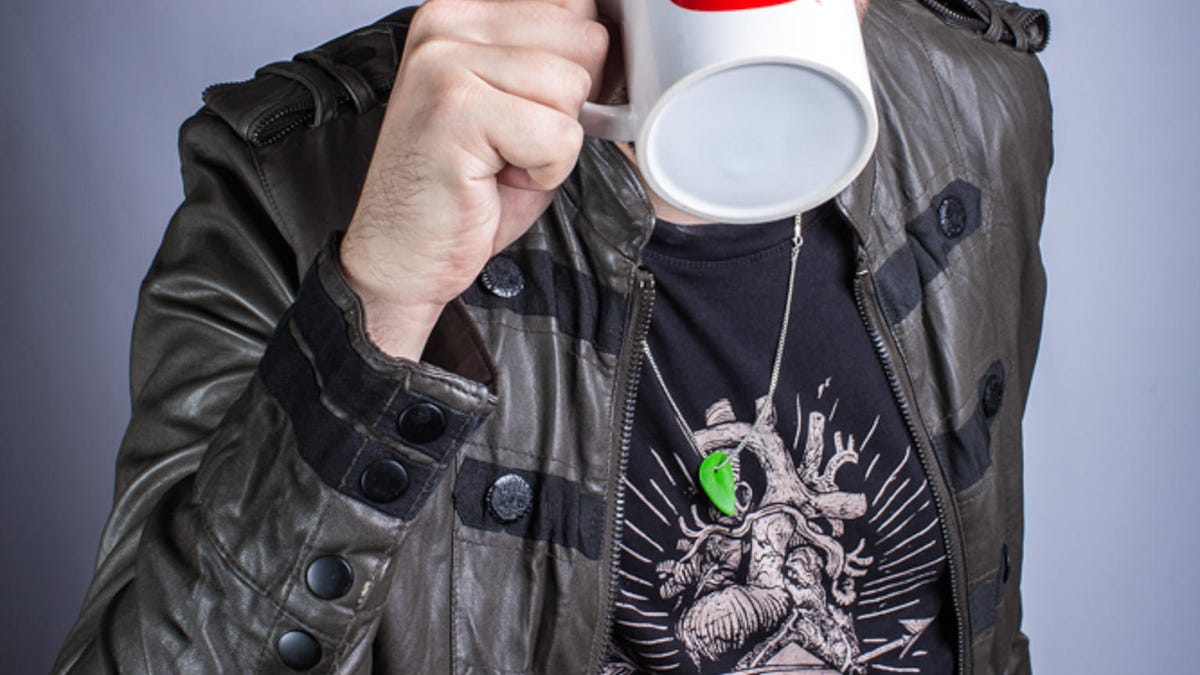Coffee may help you live longer, so perk up
More java, no jive. Two new medical studies deliver potentially good buzz about your morning routine.

Being a coffee achiever might actually prolong your life. And a life without coffee would just feel longer anyway.
Go ahead, pour yourself another cup of coffee, Heck, make it two. You could be adding years to your life, according to two new studies published Tuesday in the journal Annals of Internal Medicine.
The first, the largest study ever done on coffee and mortality, included more than 520,000 people in 10 European countries. The conclusion of the multinational research? Drinking coffee is associated with reduced risk for death from causes including heart disease, cancer, respiratory disease, stroke, diabetes and kidney disease.
The second study focused on more diverse populations that included African-Americans, Japanese-Americans and Latinos. It followed 185,000 people for an average of 16 years.
In that study, people who drank one 8-ounce (240-milliliter) cup daily, compared with those drinking no coffee, had a 12 percent lower risk of certain lethal ailments, while those drinking two to three cups had an 18 percent lower risk.
The study didn't mention whether the coffee had cream or sugar, or how strong the brew was.
"Coffee contains a lot of antioxidants and phenolic compounds that play an important role in cancer prevention," said V. Wendy Setiawan, senior author of the second study and an associate professor of preventive medicine at the University of Southern California. (She drinks one to two cups of coffee daily.) "Although this study does not show causation or point to what chemicals in coffee may have this 'elixir effect,' it is clear that coffee can be incorporated into a healthy diet and lifestyle."
Maybe you stick to decaf? Doesn't matter. The studies showed decaffeinated coffee seemed to offer the same benefits.
"Some people worry drinking coffee can be bad for you because it might increase the risk of heart disease, stunt growth or lead to stomach ulcers and heartburn," Setiawan said. "But research on coffee has mostly shown no harm to people's health."
Coffee is no miracle cure, sad to say.
"Of course there are side effects to caffeine, like acid reflux, you can have heartburn, you can get palpitations," said Dr. Jon LaPook, CBS chief medical correspondent. (Disclosure: CBS is CNET's parent company.) "Although it's premature to say, 'let's prescribe coffee for its health benefits,' it's at least nice to know that there's increasing evidence that moderate coffee consumption can have a role, can be part of a healthy diet."
Don't expect that chugging down the Starbucks will suddenly make you a centenarian, but this is good news for those of us who may have been feeling guilty about our coffee habit.
"If you like to drink coffee, drink up!" Setiawan said. "If you're not a coffee drinker, then you need to consider if you should start."
You might even say it's news that'll perk you right up.
Star Wars at 40: Celebrate the many ways the Force-filled sci-fi saga has impacted our lives.
Logging Out: A look at death in the digital age.

